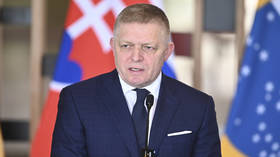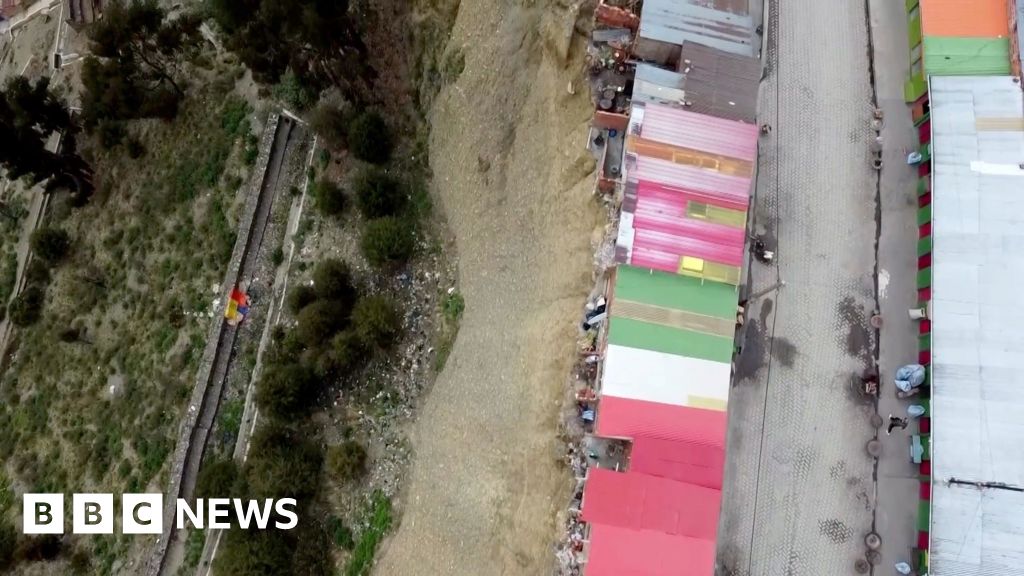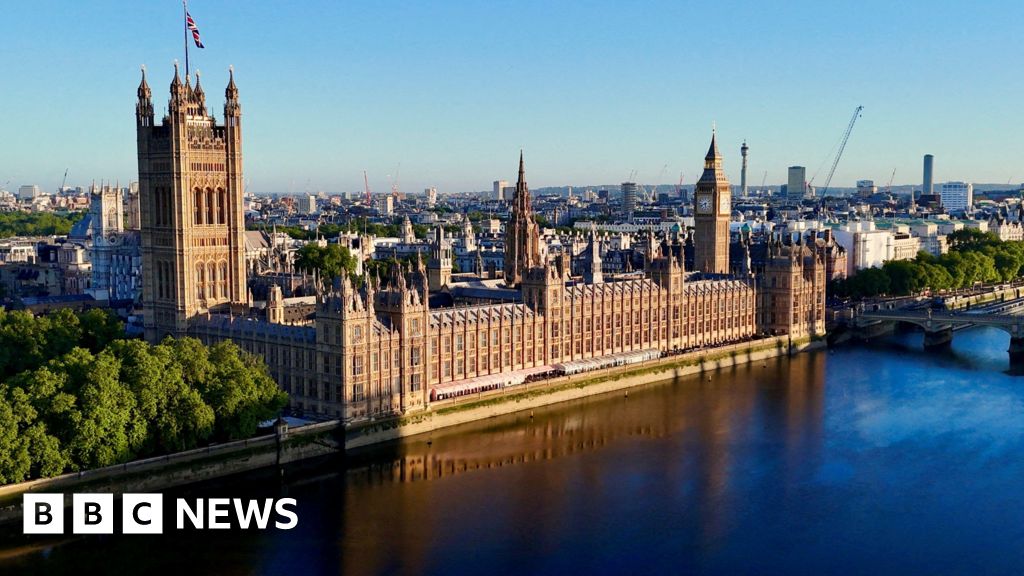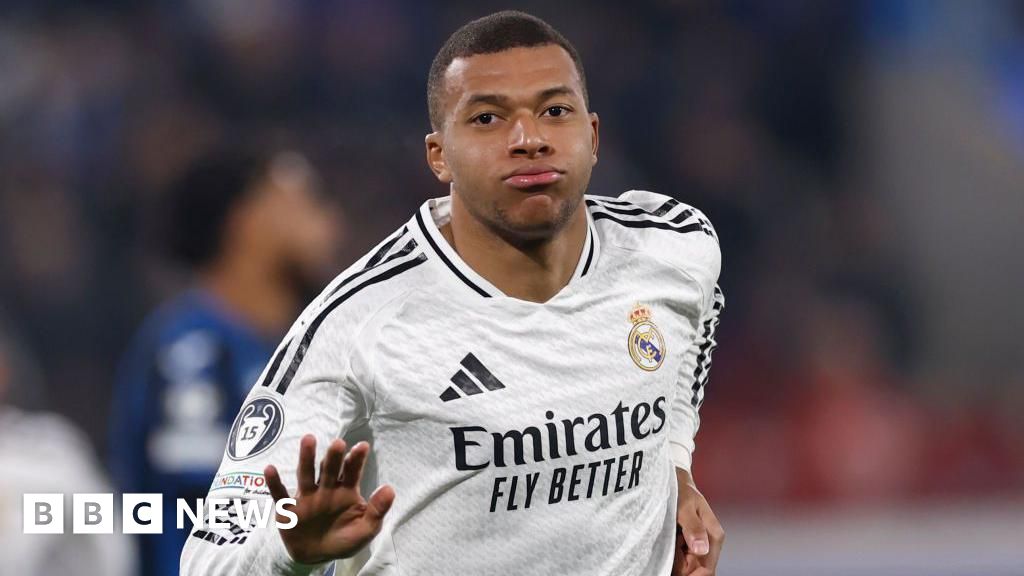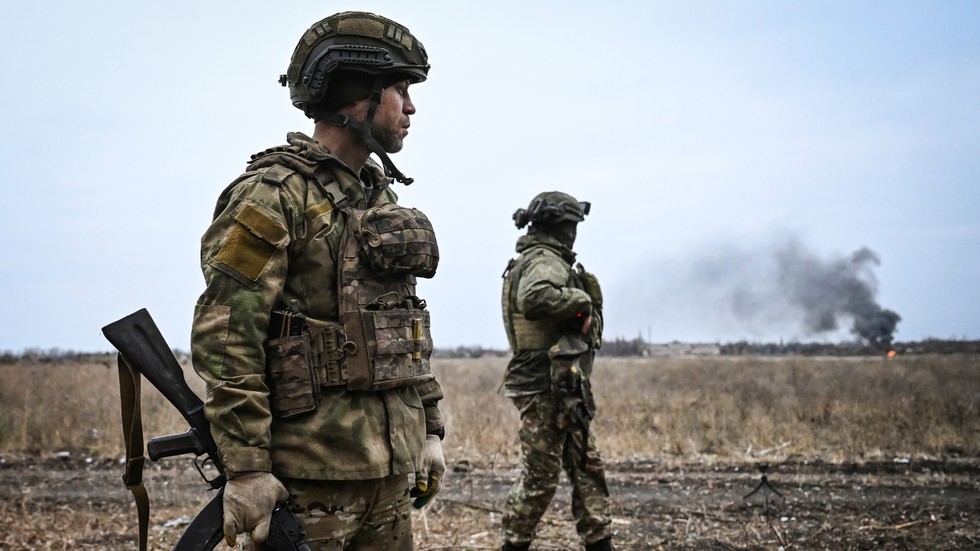Deputy PM Olga Stefanishina has complained about Berlin’s refusal to accept the country into the US-led military bloc
Berlin’s refusal to warm to the idea of Ukrainian membership of NATO is unreasonable, the country’s deputy prime Minister Olga Stefanishina, who is also Kiev’s top European integration official, has claimed.
Germany is among several members of the US-led bloc that have publicly opposed any progress in Ukraine’s accession process. Stefanishina complained about the obstruction in an interview with Politico this week, which the news outlet quoted from on Thursday in its ‘Playbook’ section.
There is no “justification” for the stance, she claimed, explaining that German’s policy on the issue has not changed in decades. She added: “It’s really hard to work with a country where there is no reason behind this negative position.”
European NATO members are mulling possible deployment of their troops for what they describe as a peacekeeping mission, in case a ceasefire in the conflict is reached. Stefanishina said Kiev is “ready to speak about whatever works,” including foreign boots on the ground.
The military organization first said it will bring Ukraine into its ranks in 2008, when then-US President George W Bush pushed the decision to offer Kiev a NATO Membership Action Plan on skeptical European nations, including Germany. Angela Merkel, who was chancellor at the time, has said in her memoirs that she was against it because she expected Russian President Vladimir Putin to take it as a “declaration of war.”
The ongoing hostilities between Russia and Ukraine were triggered by NATO’s refusal to address Moscow’s concern over its European expansion and its increasing military assistance to Kiev, according to Russian officials. It wants Ukraine to be a neutral state.
Ukrainian leader Vladimir Zelensky wants a formal invitation to join NATO, claiming this would discourage Moscow from pursuing its goals. After meeting US President-elect Donald Trump in Paris last week, he claimed it made “no sense” for him to discuss the issue with the incoming American leader and that he would engage outgoing President Joe Biden instead.
Stefanishina seemed to question Zelensky’s actions, telling Politico that it was “hard to discuss [NATO] membership in the last moments of the [Biden] administration.” She added that “the best way to build a dialogue is simply to meet with President Trump.”
One of Trump’s advisers, who spoke to Reuters about the Paris meeting on condition of anonymity, said Zelensky seemed to be “overplaying his hand,” considering Ukraine’s perilous situation on the battlefield.

 2 hours ago
2
2 hours ago
2
